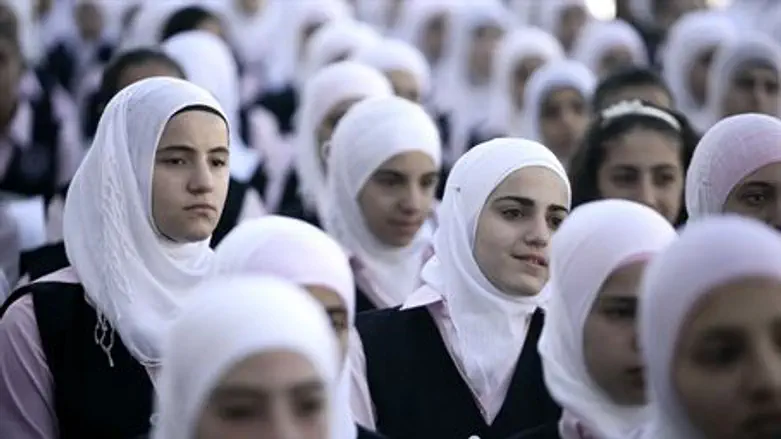
The decades-old luxury of women's rights in Tunisia, a precedent-setting and unique phenomenon in the Arab world, may be in jeopardy.
Tunisia has been at the forefront of the movement in the Arab world to ensure equal rights for women, and many women have been among the citizens recently demonstrating in the streets.
Numerous social forces are struggling for control of the government and the country's future: an issue all too familiar in democratic societies, especially those still in formation.
That drive for freedom and democracy could backfire, however, if the low-income majority of the population decides to vote for an Islamist-run government.
President Zine al-Abidine Ben Ali fled to Saudi Arabia three weeks ago after the self-immolation of 26-year-old Mohamed Bouazizi sparked the “Jasmine Revolution.” The upheaval has since spread to Egypt, where President Hosni Mubarak was toppled from power. It also spread to numerous other Arab countries in the Middle East.
The latest nation to ignite is Libya, where dictator Muammar Qaddafi has launched a bloody civil war in an effort to hold on to his regime. Yemen, Morocco, Algiers, Djibouti, Sudan and Iran have also been struck by “Days of Rage” as populations throughout the region rise up to overthrow their rulers. But analysts are speculating that many governments are at risk of falling into the hands of Islamist extremists who will establish a government ruled by Shari'a (Islamic law).
“The poor people [who are the majority] are the most religious,” a local source from the capital told Israel National News in an exclusive interview Wednesday, on condition of anonymity. “Those who are unemployed and poor may easily support and accept the rule of the Islamists under these conditions."
As supporters of the Islamic Movement protested last week, a group of women, leftists, artists and performers held a counter-protest to demand the government ensure safety for rights of women and artists.
But the counter-demonstration was smaller.
“A group of a few hundred Islamists also attacked a street in a separate demonstration, claiming it was a neighborhood for prostitution. They broke windows and damaged houses,” the source reported.
“No one knows exactly what is happening here. Many are living the modern life and would like to continue,” he said.
When Moncef Marzouki, the exiled leader of the Islamic Movement ended his 20 years in France at Tunis' international airport two weeks ago, he was greeted by thousands. Marzouki, who leads the formerly banned CPR party and intends to run for president, urged supporters not to “let anyone steal this blessed revolution from you.”
So-called “modern” women and others held a counter demonstration at the airport.
“They were screaming for protection that women will continue to have rights in the future. They protested his coming and declared they don't accept his views of Shari'a,” the source said. “The Islamist group was bigger.”